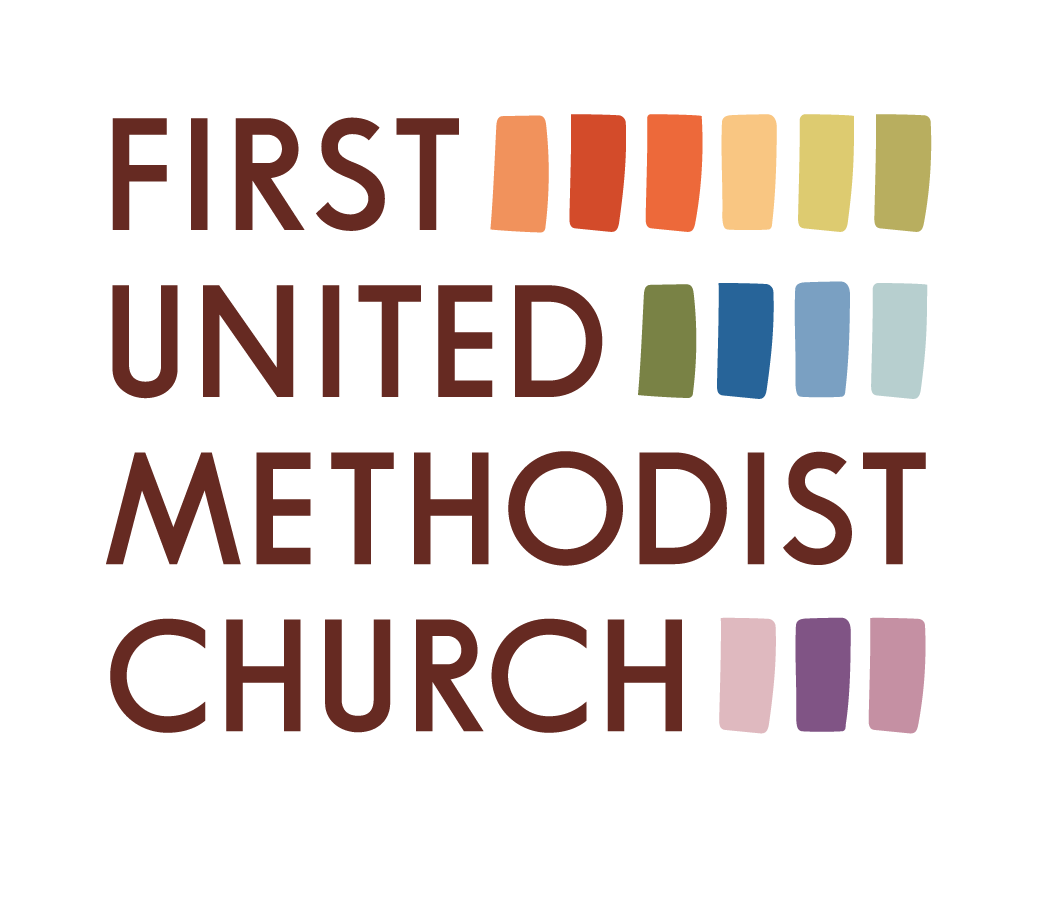Change is in the air.
Change is in the air.
The leaves are turning. The leaves are falling. Pumpkin spice is in all of the coffee shops and bakeries. Sweater season is in full swing. The fruits and vegetables have ripened and been harvested and put away for the winter. The constitutional amendments have been ratified.
It is a time for us to tend to the matters at hand and lean into the cozy feeling of belonging. It’s one of the underlying values we hold here at First Church. When community, justice, worship, inclusion, and service come together, at their best, we create belonging for all of God’s children. What a beautiful thing!
And now, as ever, is a time to build those feelings of belonging. The holiday season is one where clergy especially are acutely aware of who does – and who does not – have a place to belong. Thanksgiving, Christmas, New Year’s Eve – all of these holidays are joyous occasions if you have someone to celebrate with. If you don’t, however, or if you are missing someone at your table this year, the holidays may not be the most wonderful time of the year.
The United Methodist Church just took major steps toward creating a stronger sense of belonging among all of God’s created community.
We just wrapped up our class on The United Methodist Church’s Social Principles. During the course of this class we talked about the polity of the United Methodist Church, the practices of the church, and most importantly, about where the church stands on many social issues.
One thing we shared is that the Social Principles are included in both the Book of Discipline and the Book of Resolutions of the United Methodist Church, two books that, along with the Hymnal and it’s affiliates, the Book of Worship, and the Holy Bible, make up our official texts. The Social Principles is the only document included in both the Book of Discipline (our polity and practice for the UMC) and the Book of Resolutions (the book that shows how we got to our polity and practice). In short, it’s a big deal.
The UMC further advanced the mission and belonging of the Church this past General Conference by doing things like removing restrictive language from the Social Principles in relation to the LGBTQ+ Community, divesting in fossil fuels, and adjusting some policies that reflect a global church.
Some proposed changes to the Book of Discipline were constitutional, meaning that they needed to be ratified by Annual Conferences before they could take effect. These changes allowed for the United Methodist Church to function as a global church through a process we will call regionalization, added language to expand the inclusiveness of the Church, recognized the role of the UMC in combating racism, racial inequity, colonialism, white privilege, and white supremacy, and clarified educational requirements for clergy.
These amendments to the constitution needed to be ratified by a super majority, or 66.7%, of the aggregate votes across every Annual Conference in the denomination. Though they had already passed General Conference’s scrutiny, they still had to stand up to the wishes of the Annual Conferences.
This week the Council of Bishops – the body that is made up of every Bishop in the UMC and maintains denominational rules and standards as well as releases statements in response to global situations – finished counting the votes.
All of the constitutional amendments passed with 90% or higher percentages.
(The last time constitutional amendments were up for a vote, an amendment that would have expanded the rights of women and girls failed by .2 percentage points, highlighting the importance of every vote in every annual conference.)
So, what do we do with this information?
As a Peace Church, a Reconciling Congregation, and a Creation Care Congregation, we keep doing the work. We know that the Church has come pretty far in just a few years, but we also know that the work is not yet done. It is our role now to live into the anti-racist, inclusive nature of the Church. We have been talking a lot recently about what work is ours to do – and this is a big part of that work.
The amendments of the UMC will become effective immediately, moving us toward a more whole image of the Kin-dom of God here on earth.
Indeed, change is in the air. These changes will allow us to serve within our contexts in ways that are more true to the places where we live. They will encourage us to view the world through a more inclusive lens. They will push us to live lives that are anti-racist in nature. They will bring more equity to our clergy colleagues and what we require of them.
And they will compel us to move to the margins where God is found.
In this changing season let us not forget to tend to the things that are ours to tend. Let us be aware of what is ours to do and what is ours to heal, to mend, to nurture, and to grow.
And, if you find yourself lonely or adrift during these changing times, please let us know. If you have an empty seat at your table this year, know that you are not alone. You have support, and you have what you need. We are here for you to bring love, care, and support to all in our faith community. You are a part of us and you belong here.
Yours in community,
Rev. Rachel

